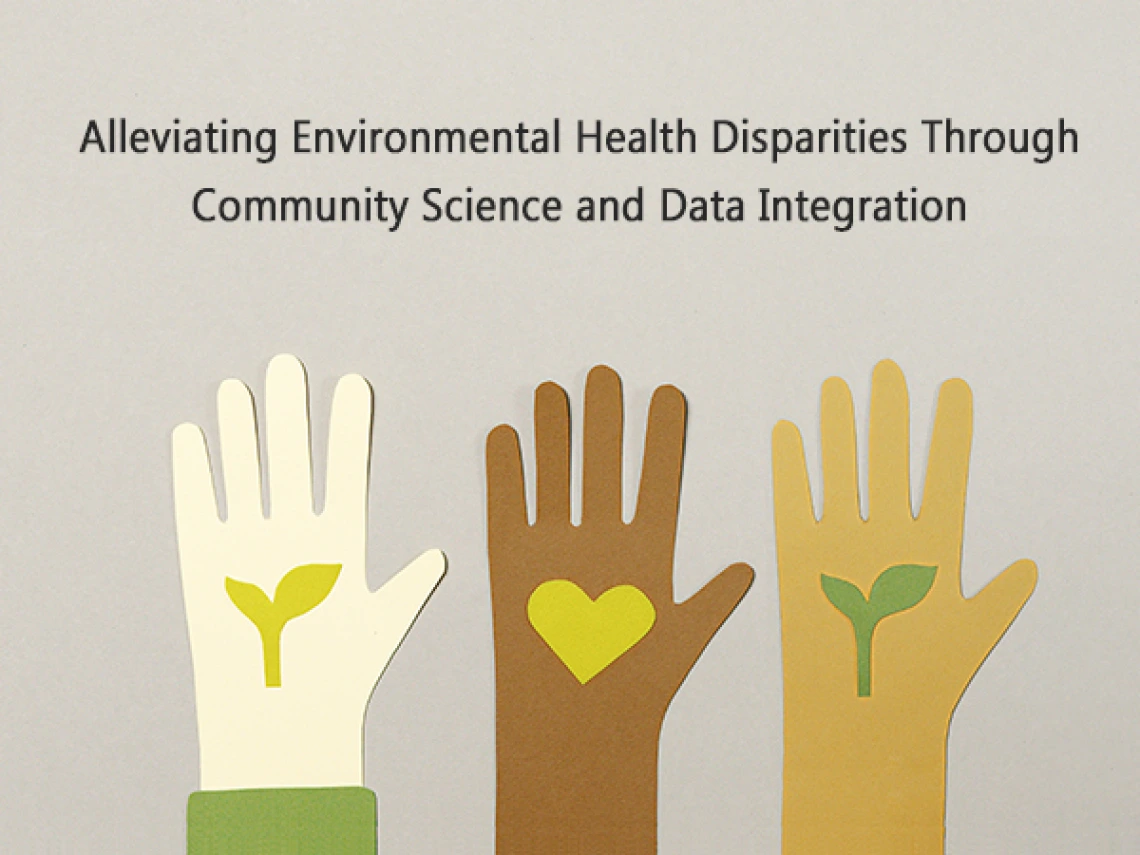Ramirez-Andreotta Alleviating Environmental Health Disparities


Dr. Monica Ramirez-Andreotta, UA SRC Research Translation Core Principal Investigator, and a team of researchers just published a data science methods paper that demonstrates the integrated framework needed to solve the challenges of interoperability – the ability of computer systems or software to exchange and make use of information – within the environmental health sciences, as well as how to integrate citizen/community science (CS) data.
Environmental contamination is a fundamental determinant of health and well-being, and when the environment is compromised, vulnerabilities are generated. The complex challenges associated with environmental health and food security are influenced by current and emerging political, social, economic, and environmental contexts. To solve these dilemmas, different public health surveillance efforts are conducted by local, state, and federal agencies. More recently, CS monitoring efforts are providing site-specific data. One of the biggest challenges in using these government datasets is data management and interoperability.
In this publication, Ramirez-Andreotta et al. discuss how they have developed a methodology to make environmental health CS data FAIR (Findable, Accessible, Interoperable, and Reusable), while also integrating other types of environmental health and social data to enhance discoverability, reuse of data for research translation, and enable hypothesis generation.
In addition to following the best practice of submitting new term requests to existing ontologies to fill gaps, this team of researchers have also created an application ontology, the Superfund Research Project Data Interface Ontology (SRPDIO).
This research team is among the first to develop ontology terms for contaminant concentrations in various environmental media, and sociodemographic data. This effort is advancing the field, while also demonstrating how the designed data management system can be applied to other research questions and scenarios.
An anticipated result of this integration effort is that it will help the field determine if and how community-level resiliencies may combat environmental health vulnerabilities.
Publication:
Ramirez-Andreotta MD, Walls R, Youens-Clark K, Blumberg K, Isaacs KE, Kaufman D, Maier RM. Alleviating Environmental Health Disparities Through Community Science and Data Integration. Front. Sustain. Food Syst., 10 June 2021. https://doi.org/10.3389/fsufs.2021.620470

